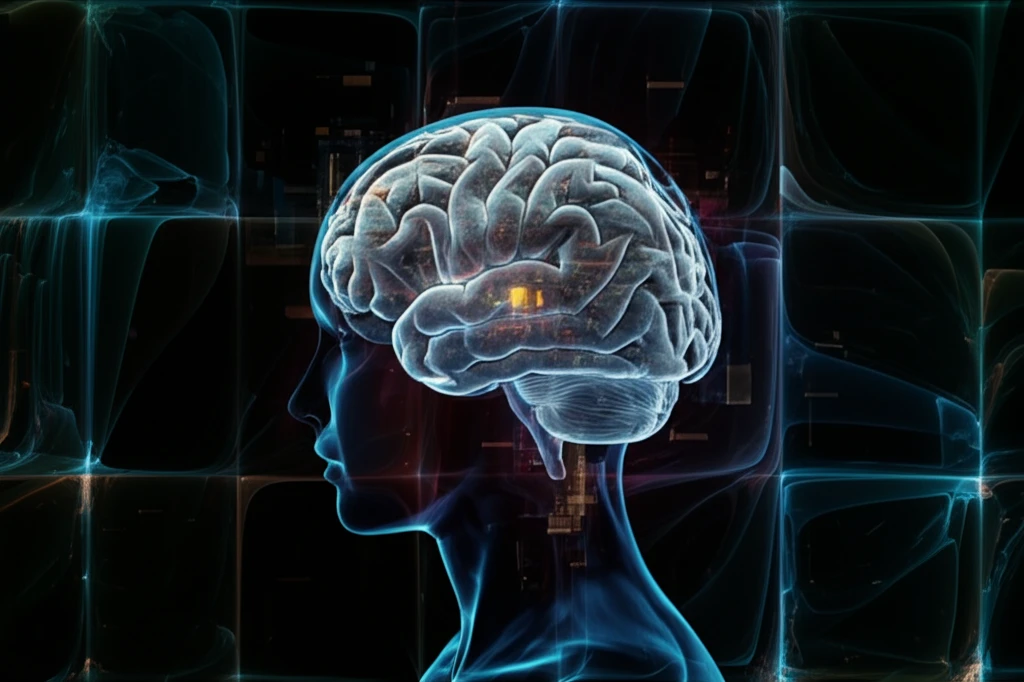
Unlock Cognitive Potential: Brain Training for Adults with Down Syndrome
"Discover how computer-based cognitive training can enhance mental abilities and improve the quality of life for adults with Down Syndrome."
Down Syndrome (DS) is the most common genetic cause of intellectual disability. While advancements in healthcare have significantly increased the life expectancy of individuals with DS, now averaging around 60 years, there is a growing concern regarding their susceptibility to Alzheimer's Disease (AD). Neuropathological signs of AD can appear in adults with DS as early as 40 years of age, with clinical symptoms often emerging around age 50.
Emerging research emphasizes the positive impact of enriched environments (EE) on brain development and plasticity, particularly for individuals with DS. An enriched environment involves engaging activities that stimulate cognitive and sensory functions, potentially delaying or mitigating cognitive decline. One promising approach involves tailored psycho-physical training programs, designed to enhance functional and cognitive abilities.
Recognizing the potential of EE, researchers have developed computer-based cognitive training programs specifically for adults with DS. These programs leverage web applications to provide accessible, at-home exercises designed to create an enriched environment. By engaging in interactive games that target key cognitive skills, adults with DS can potentially improve their mental abilities and overall quality of life. This article explores the development, implementation, and potential benefits of such cognitive training programs.
How Computer-Based Cognitive Training Can Help?

Computer-based cognitive training offers a versatile and engaging method to support adults with Down Syndrome. These training programs use exercises designed to be both stimulating and enjoyable, presenting each task as a game that incorporates images, text, and vocal communication. This approach makes learning accessible and encourages active participation.
- Attention: Exercises focus on improving focus and concentration.
- Memory: Activities designed to enhance short-term and long-term memory recall.
- Visual-Spatial Orientation: Tasks that help improve spatial awareness and orientation.
- Temporal Orientation: Exercises focused on understanding and sequencing events in time.
- Logical Operations: Activities that promote pre-logical and logical thinking skills.
- Perception and Visual Analysis: Training to improve visual processing and analytical abilities.
- Language Skills: Exercises designed to enhance language comprehension and expression.
- Data Relevance: Activities focused on identifying and understanding relevant information.
Future Directions in Cognitive Training for Adults with Down Syndrome
The development and implementation of computer-based cognitive training programs represent a significant step forward in supporting adults with Down Syndrome. These programs offer accessible, engaging, and adaptive methods to enhance cognitive functions, potentially mitigating the risk of cognitive decline and improving overall quality of life. Ongoing research and development efforts promise to further refine these tools, expanding their capabilities and maximizing their impact. As technology advances, the potential for personalized, effective cognitive support for individuals with Down Syndrome continues to grow.
